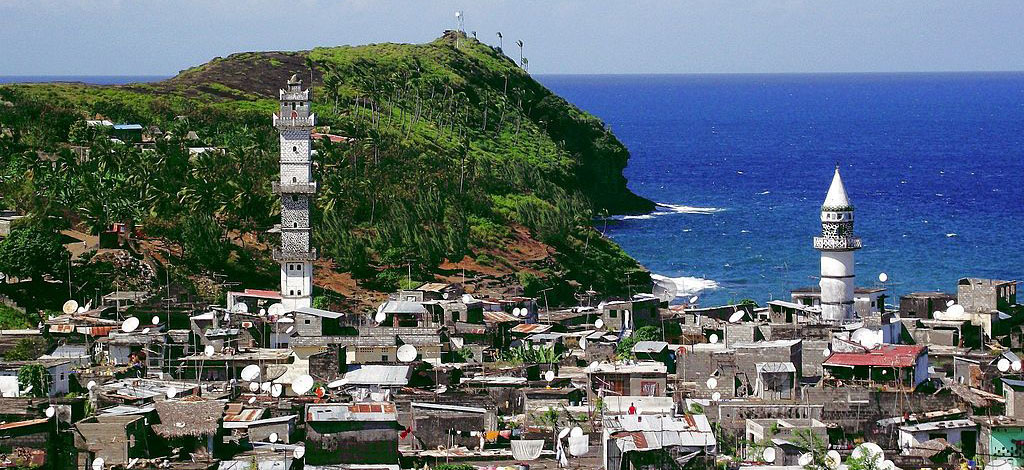Amendment of the Constitution of Comoros to remove island autonomy

Last 30th of July, the Comorians approved in a referendum, boycotted by the opposition, the constitutional reform that strengthened the president's powers, allowing him to run for a second consecutive term, which will allow the suppression of the islands' autonomy and make Islam the "state religion".
The Comoros, a federal republic in southern Africa located in the northern part of the Mozambique Channel, has suffered a serious political crisis since 1997. Following a long period of crisis and war, the last constitution was put in place in 2001. This constitution established a decentralization with power sharing with the autonomous islands in the Comoros. And it introduced another novelty in the functioning of the State: a rotating Presidency between the islands. These principles have ensured a climate of peace for 15 years now.
As candidate for the Presidency, Mr Azali Assoumani praised the merits of the rotating presidency and the autonomy of the islands, of which he was proud to be the sponsor. However, elected in 2016 for a five-year term, he changed his mind, blaming the rotating presidency for all the country's problems, such as the delay in its development. He also advocates the centralisation of the country's management, which is the opposite of the approach taken by the 2001 framework agreement and the Constitution, without seeking to engage in any dialogue with the country's political and social actors.
The constitutional revision he has proposed is not welcomed with open arms. The opposition said that it was not legal because the bodies protecting the achievements were deliberately frozen. The opposition to this project seeking to liquidate the islands' autonomy was led by the Vice-President, the Governor of Ngazidja, the Governor of Ndzuwani and the leaders of political parties who were members of past governments. The Central Government responded by arresting all those who opposed it, including imprisonment and beatings of demonstrators, freezing of governorate operating funds, stripping the vice-president of his responsibilities, etc..
The Governor of the Autonomous Island of Ndzuwani, Dr Abdou Salami, member of ORU Fogar, said that the reform was contrary to the 2001 Constitution. "I consider - he said - that President Azali's initiative undermines the achievements of national reconciliation since it contradicts the decentralization of the country's management that began in 2001; which, as Governor of an autonomous region that aspires to participatory management of the country, I cannot support".
The constitutional reform was officially approved in a referendum by a majority of more than 92%: 172,240 voted yes and 13,338 voted no. The opposition did not accept the result. "What results! A rigged election, prefabricated figures, that is the popular referendum of President Azali," said Juwa Party Secretary General Ahmed el-Barwane. A few minutes later, he was arrested by gendarmes while driving in Moroni, his entourage said.








































































